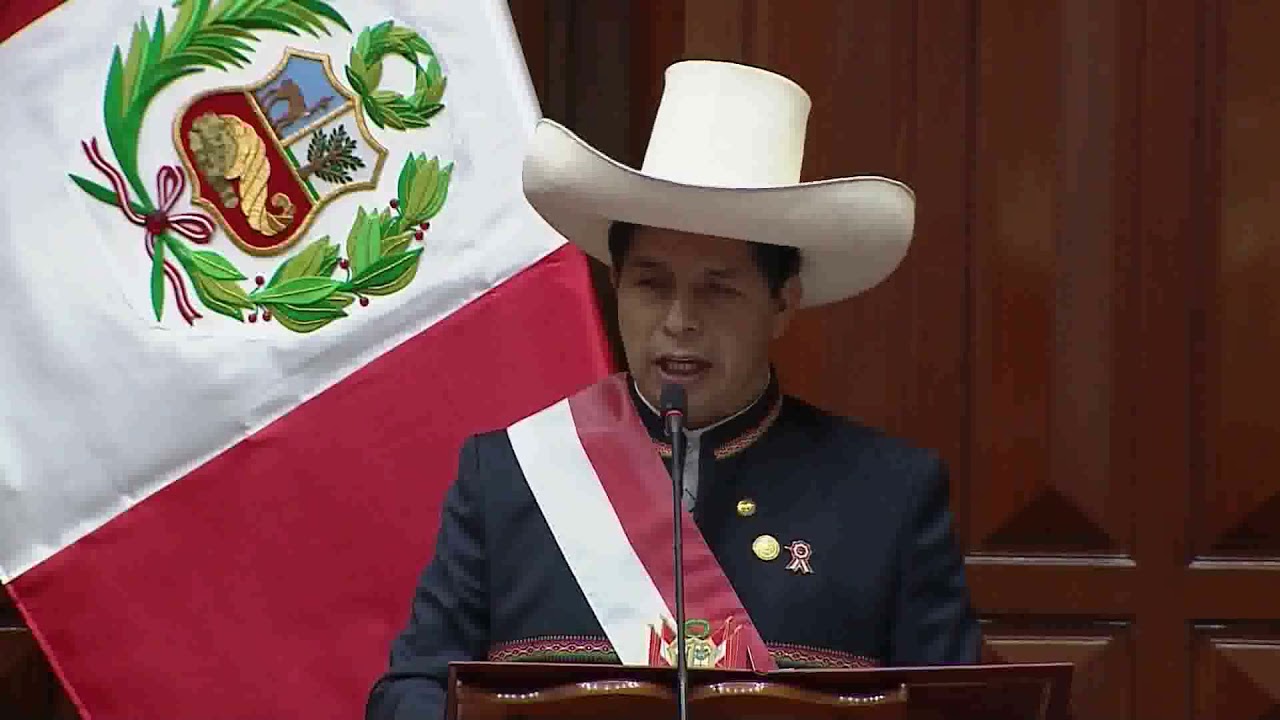RIO DE JANEIRO, BRAZIL – Today, the Peruvian government asked Congress to authorize President Pedro Castillo to legislate by decree for four months on tax, fiscal, financial, and economic reactivation matters local press reported.
He did so through a bill submitted to the unicameral parliament requesting that it be submitted for debate and vote by the legislators as a matter of “urgency”.
Read also: Check out our coverage on Peru
The initiative, of 10 pages and accompanied by an “exposition of motives” of another 61 pages, is based on the objective of “boosting growth and contributing to the closing of social gaps through access to programs and services provided by the State”, according to the Andina news agency.

In tax matters, it seeks to increase tax collection to generate more income to be allocated to “key sectors such as health and education”, and thus “reduce existing inequalities, especially in the country’s interior”.
The government explained in its message that it intends to do so through reforms to the Income Tax (profits), General Sales Tax (equivalent to VAT), Selective Consumption Tax laws, and those regulating the fight against evasion and informality.
It also aims to increase the ceiling of fines that may be imposed by the Superintendency of Banking and Insurance and “promote greater competition” among the entities of the system.
On the other hand, the government requested extraordinary powers to legislate on the promotion of private investment. It proposed adopting measures to facilitate administrative procedures in state offices, among others.
In addition, it expressed its intention to reform the legal framework of the mechanism called “works for taxes”, which allows companies to offload from income tax the cost of carrying out urgent works for regional and municipal governments.
The project also aims to “improve the criteria and rules applicable to the modalities of public-private partnerships” and to sanction “special provisions” for “the processing or extension of licenses, permits, and authorizations”.

